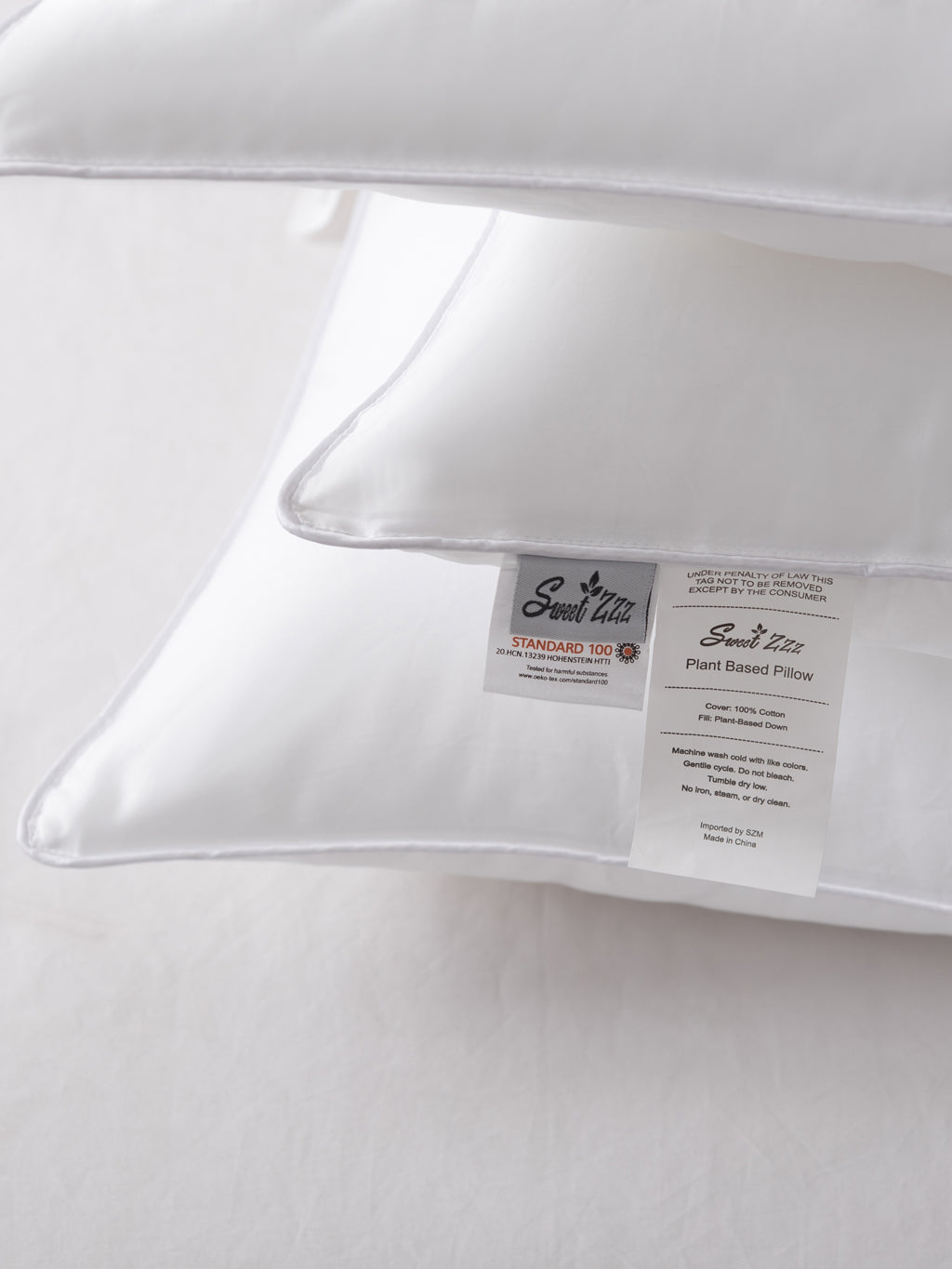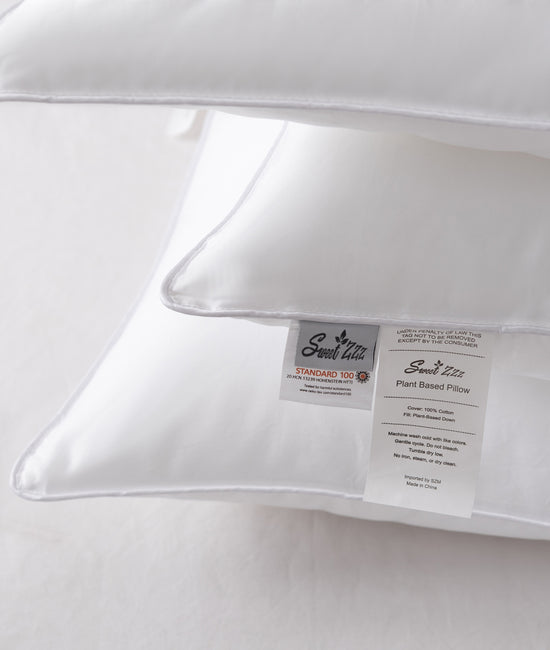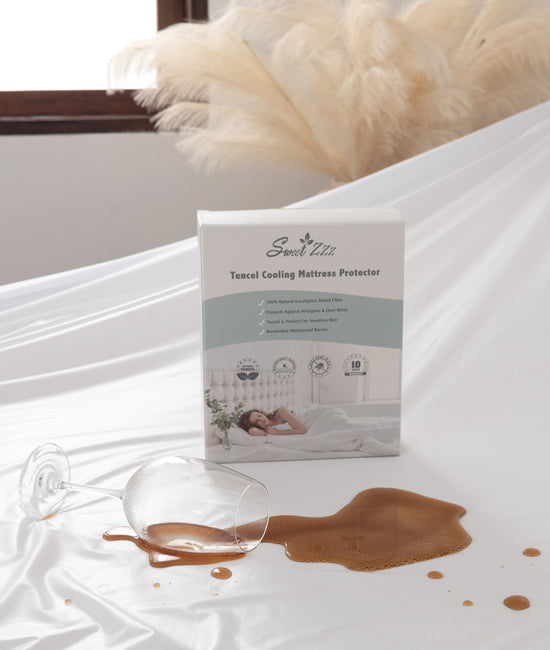Is Sleeping With Your Mouth Open Bad for You?
You wake up with a dry mouth, maybe a sore throat, and sometimes… your partner says you were snoring like a freight train.
If you’re sleeping with your mouth open, it might seem harmless—just a quirky habit.
But the truth is, mouth breathing at night can actually mess with your health and sleep quality more than you think.
Let’s break down why it happens, what it’s doing to your body, and what you can do to fix it.
1. Why Do Some People Sleep With Their Mouth Open?

There are a few common culprits:
-
Nasal congestion from allergies, colds, or a deviated septum
-
Sleep position (back sleepers are more prone)
-
Weak tongue or jaw muscles that let the mouth fall open
-
Chronic stress that encourages shallow, mouth-based breathing
While it’s often unintentional, it has real consequences.
2. What Happens When You Breathe Through Your Mouth at Night

❌ Less oxygen enters your system compared to nose breathing
❌ Your mouth dries out, increasing risk of cavities and bad breath
❌ It can worsen snoring and even trigger sleep apnea
❌ You’re more likely to wake up feeling groggy, unrested, and foggy
In kids, chronic mouth breathing has even been linked to facial development issues and poor sleep quality.
3. Why Nose Breathing Is Better for Sleep

Your nose isn’t just a scent detector—it’s a filtration system.
Nose breathing:
-
Filters allergens and dust
-
Warms and humidifies air
-
Helps produce nitric oxide (which improves blood oxygen levels)
-
Supports deeper, slower breathing that signals your body to relax
This means better oxygen, better recovery, and better sleep.
4. Tips to Stop Sleeping With Your Mouth Open

Here’s what you can do tonight to encourage nose breathing:
-
Use a saline nasal spray before bed to clear congestion
-
Sleep on your side with a supportive pillow to keep airways open
-
Try mouth tape (yep, it’s a thing!) to gently train your body to nose-breathe
-
Practice slow nasal breathing before bed to build the habit
-
Talk to a dentist if you suspect jaw alignment issues or sleep apnea
5. One More Thing: Your Sleep Setup Matters
If your mattress or pillow forces your head too far back (or too far forward), your airways can become restricted—making mouth breathing worse.
A properly aligned plant-based pillow can support better breathing posture.
A breathable mattress like the Honey Hybrid Organic keeps your head and spine in harmony while helping reduce overheating (which can trigger open-mouth breathing).
Final Thoughts: Close Your Mouth, Sleep Deeper
Sleeping with your mouth open isn’t just a weird quirk—it can quietly chip away at your sleep quality and health.
The good news? With a few small changes, you can retrain your body to breathe better and sleep deeper.
Your mouth may be closed, but your body will thank you.








